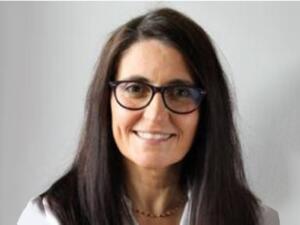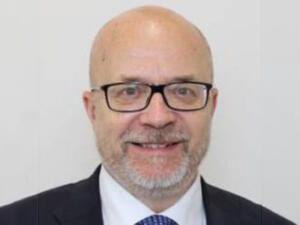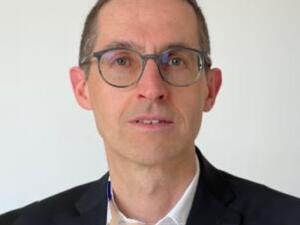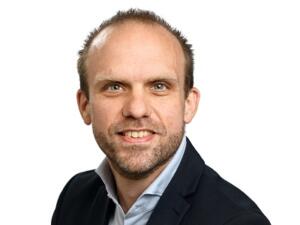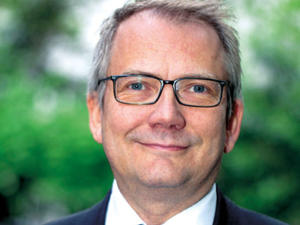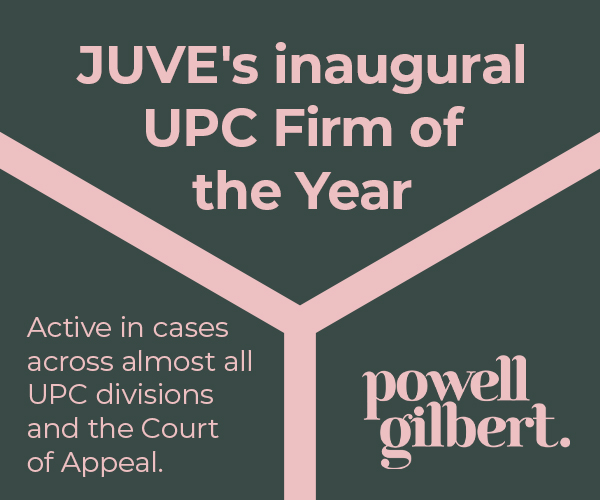Ericsson begins UPC experiment against AsusTek at local division Lisbon
Today, the local division Lisbon will hear the PI claim of Ericsson against AsusTek and two service providers over a mobile communication patent. The proceedings are unusual in all respects. Above all, however, it is the first case for the Portuguese local division under presiding judge Rute Lopes.
12 September 2024 by Mathieu Klos
No patent expert would have questioned a mobile communications action at the local division in Munich, Mannheim or Düsseldorf. Nor would they have been surprised if Ericsson had filed an action with the local divisions in Paris or The Hague. All of these courts are considered to be experienced with mobile communication cases. But a PI case at the local division Lisbon and two parallel infringement claims at the local division Milan surprised many.
One Dutch patent attorney describes it as “courageous”. A UK lawyer calls it “a test case”. Either way, the dispute between Ericsson and AsusTek raises many questions.
Breaking new ground
Ericsson and its lawyers at Taylor Wessing cannot be accused of being unfamiliar with the European court landscape and not knowing where mobile communication cases are usually filed. Nevertheless, in its dispute with AsusTek, the Swedish company has decided to take an unusual route with the UPC.
So far, the major mobile communication cases at the UPC have been filed by Panasonic against Oppo and Xiaomi (local divisions Munich and Mannheim), by Headwater Research against Samsung and Lenovo (Düsseldorf and Munich), and by Motorola against Ericsson and AsusTek (Munich and Hamburg). All claimants chose local divisions with extensive experience in mobile communications.
JUVE Patent has counted around 70 UPC infringement or PI cases concerning mobile radio, wi-fi, semiconductor or video-coding patents. Of these, 33 are pending with the local division Munich alone.
First hearing today
This is not where mobile communications giant Ericsson filed its lawsuits against AsusTek on 14 June 2024. Instead, the company sued the Chinese handset manufacturer and the two service providers Digital River and Arvato over two patents at the local division Milan (case IDs: ACT_35574/2024 and ACT_35575/2024).
Digital River processes payments for AsusTek. According to media reports, Arvato operates online stores for AsusTek in several European countries.
In a third case, Ericsson is seeking a preliminary injunction against AsusTek and its two co-defendants from the local division Lisbon (case ID: ACT_35572/2024). The division is hearing the case today under presiding judge Rute Lopes. It is also the first and so far only case at the Portuguese division.
Ericsson is demanding the three companies stop the distribution of laptops and notebooks that contain either the Intel Wi-Fi 6E AX211 Module or the Intel Wi-Fi 6 AX201 Module in UPC countries. The can be seen in a generic order issued by the division on 23 August 2024.
The Swedish company is convinced that AsusTek and its co-defendants are infringing its EP 2 819 131 with such products. The patent protects an inductor layout for reduced VCO coupling and is relevant to semiconductors in mobile devices. The patent is not an SEP, rather an implementation patent.
International panel
In addition to Rute Lopes, the two UPC judges Samuel Granata and Petri Rinkinen must decide on the PI application. The court called in Johannes Mesa Pascasio as a technically qualified judge. He was only appointed TQJ in June 2024 and is a patent examiner at the Austrian Patent Office. Pascasio had already worked as a part-time judge at the Higher Regional Court Vienna prior to his appointment. At the UPC he is assigned to the technical areas of electricity and physics.
- Rute Lopes
- Petri Rinkinen
- Johannes Mesa Pascasio
In talks with JUVE Patent about Ericsson’s surprising choice, a Dutch lawyer said, “There is little experience with mobile communication patents.”
However, that is not entirely correct. Petri Rinkinen, for example, was one of the judges in the dispute between Nokia and OPPO/One Plus at the Finnish Market Court. Rinkinen is presiding judge of the Helsinki local division, which currently has only one case. At the Hamburg local division, he is a judge in two mobile communication cases brought by Daedalus Prime and Nera Innovations against Xiaomi.
Samuel Granata is the presiding judge of the Brussels local division. According to Belgian lawyers he has presided as a national judge over some telecommunication cases in the past. According to JUVE Patent information, today’s PI proceedings are to date the only SEP proceedings at the UPC for the Belgian judge.
No German judge involved
However, Rute Lopes has presumably not yet heard many mobile communication cases as a national judge at the Commerce Court of Sintra. At the UPC, she will be the third judge in the two infringement cases brought by Ericsson against AsusTek. The other two will be the Milan judges Pierluigi Perrotti and Alima Zana.
Milan is not necessarily a heavyweight in global mobile communication cases either, but is likely to have had more such cases than the national courts in Portugal, Belgium and Finland.
Ericsson has not commented on why it is has chosen two rather unusual courts for the dispute rather than the German divisions. But this has not stopped observers from speculating.
The experiment
Speed could be a factor. The Munich and Düsseldorf local divisions are still adhering to the strict timeline for UPC proceedings. However, they are already extremely busy due to the large number of lawsuits and procedural applications. The local division Lisbon, with just the one case, does not have this problem. Equally, Milan is not yet at full capacity with only seven infringement cases. It is highly likely that Ericsson is keen to conclude a licence, and for this, quick judgments are important.
Not only is Ericsson adventurous in its mobile communications technology but also in legal strategy. The unpredictability of how the Milan and Lisbon divisions will rule is likely to have put pressure on the defendants. Especially given they had to prepare their arguments in just three months.
However, one expert suspects Ericsson may also be interested in facilitating a broader UPC case law in telecommunications — one that consists of more judgments than those from German local divisions. The risk that Ericsson is taking, especially in Lisbon, is calculable. The patent protection of EP 131 ends in 2025 and Ericsson has already sued over this patent several times in national courts, including against Apple at the District Court of The Hague and against Samsung before German and Dutch courts.
Taylor Wessing and AOMB for Ericsson
According to JUVE Patent information, no German lawyers will be present as representatives of their clients in the Lisbon courtroom today, which is a rare exception for UPC cases. Ericsson is relying on its regular Dutch advisors. Wim Maas and Eelco Bergsma, partners at Taylor Wessing, filed the PI claim for Ericsson in Lisbon. Associate David Mulder provides support. However, a patent attorney from Ericsson’s German in-house department will be there.
- Eelco Bergsma
- Wim Maas
- Teun van Berkel
The Taylor Wessing team has always worked with Teun van Berkel in many proceedings for Ericsson, for example two years ago in the dispute with Apple. Van Berkel is a partner of Dutch patent attorney firm AOMB. Now they are working together again in Lisbon and Milan.
Powell Gilbert on defence
AsusTek and its two co-defendants are relying on Powell Gilbert. Partner Alex Wilson is registered as the main representative for all three companies. Partner Ari Laakonnen and associates Claire Robinson and Adam Rimmer complete the London IP boutique’s team. They also represent the companies in the Milan cases.
- Alex Wilson
- Ari Laakkonen
Even though the Taylor Wessing and Powell Gilbert lawyers have the principle responsibility in today’s proceedings, Portuguese lawyers are also playing a role. According to the order from 24 August, Ericsson has secured the services of Manuel Durães Rocha. He is a partner at Abreu Advogados.

In May, former VdA managing associates Sara Nazaré, Beatriz Lima and Joana Piriquito Santos set up NLP in Lisbon @NLP
AsusTek and its co-defendants, on the other hand, are relying on two newcomers. Joana Piriquito Santos and Sara Nazaré set up their own practice, NLP, in June 2024 together with a third lawyer.
All images of judges © UPC
